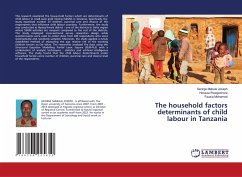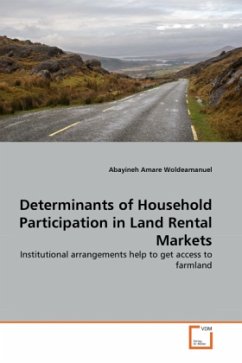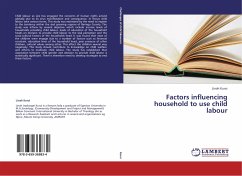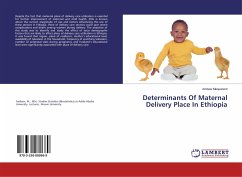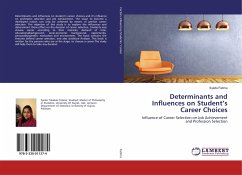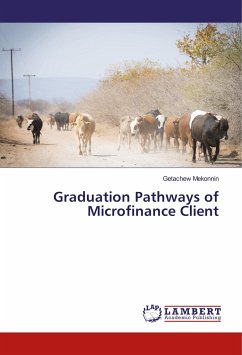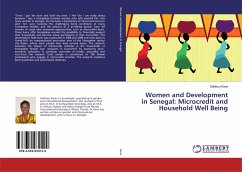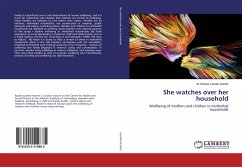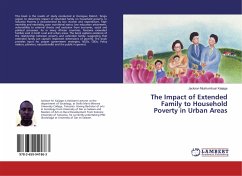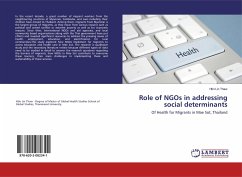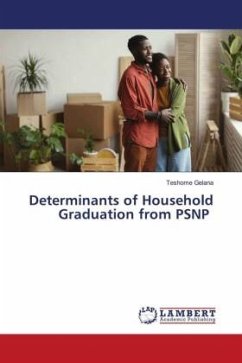
Determinants of Household Graduation from PSNP
Versandkostenfrei!
Versandfertig in 6-10 Tagen
29,99 €
inkl. MwSt.

PAYBACK Punkte
15 °P sammeln!
The general objective of this study was to analyze the determinants of household graduation from PSNP. Specifically, it was focused on seeing how demographic, socio-economic, natural calamities, and institutional factors influence the graduation of households from the program.The research area was purposefully selected and examined based on the aforementioned specified objectives. The research used both primary and secondary data sources. The researcher utilized a combined technique of quantitative and qualitative data. A survey questionnaire was created, supplemented by exploratory research, ...
The general objective of this study was to analyze the determinants of household graduation from PSNP. Specifically, it was focused on seeing how demographic, socio-economic, natural calamities, and institutional factors influence the graduation of households from the program.The research area was purposefully selected and examined based on the aforementioned specified objectives. The research used both primary and secondary data sources. The researcher utilized a combined technique of quantitative and qualitative data. A survey questionnaire was created, supplemented by exploratory research, reviewed by a panel of academics and experts, and pre-tested to ensure its validity and reliability. Furthermore, the study was supplemented by focus group discussions, key informant interviews, and personal observation.The data in this study was analyzed using descriptive analysis, a t-test, and a binary logistic regression model. Some of the explanatory variables have a positive and significant influence, while others have a negative and significant influence on household graduation from the Productive Safety Net Program (PSNP).



